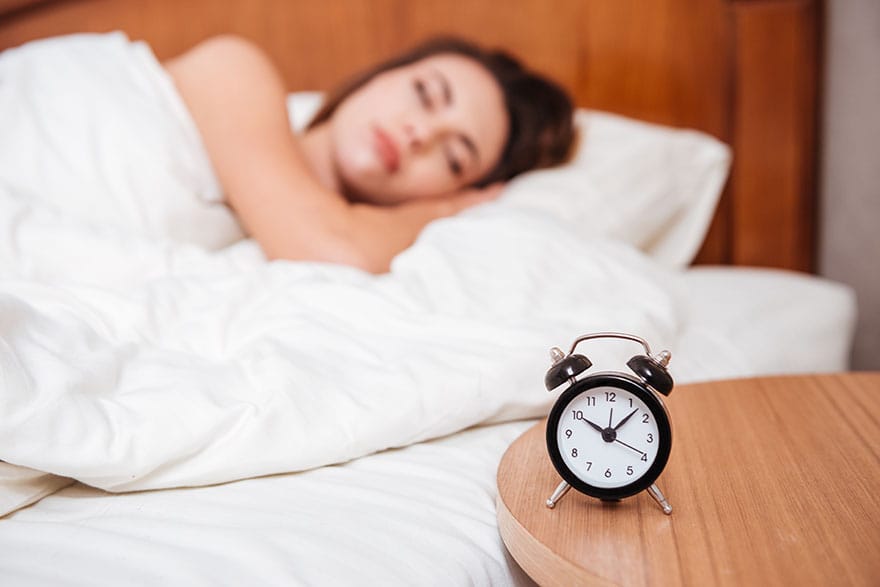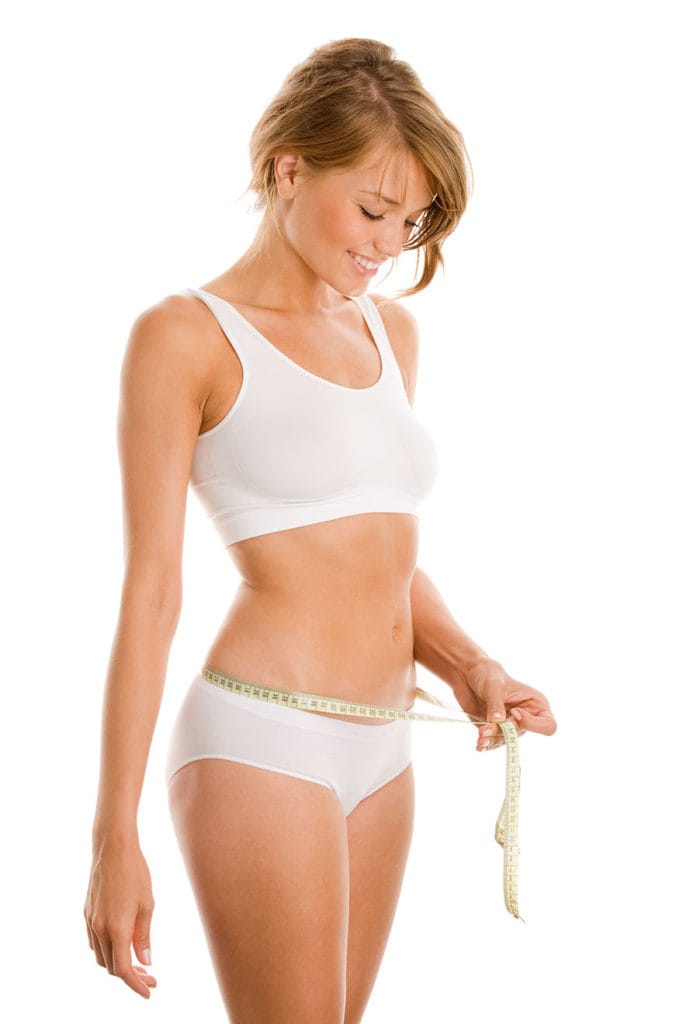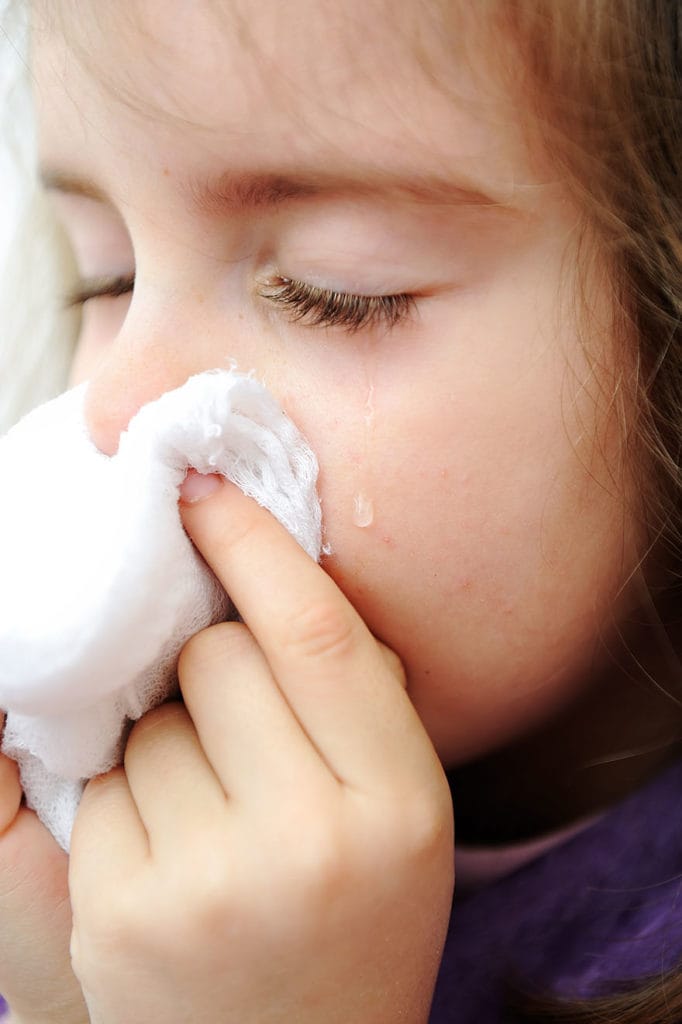Losing your breath is one thing, but complete stopping of your breath during sleep can be really difficult to deal with. This is sleep apnea and if you suffer from it, you should read this guide and see a sleep specialist Damascus MD for treatments.
Treatments For Sleep Apnea
CPAP Machine
First things first, the most common and effective way of dealing with sleep apnea is to get a continuous positive airway pressure or CPAP machine. It is basically like an oxygen mask that you wear to bed, but it is also different. The mask has a tube attached to a machine and that is basically what controls the airway pressure and prevents the airways from collapsing and ultimately stopping the breath.
This machine continuously pumps out pressure from the mask and you can wear it and go to sleep. It won’t be uncomfortable and it will regulate the air pressure in the airways. Basically, the goal is to prevent the airways from collapsing, so when you’re inhaling and exhaling, that is when the CPAP machine is in action, and it controls the pressure holding the airways.
It doesn’t let the pressure drop to a point where the wall can collapse and you’re unable to breathe. Even though wearing a mask to bed sounds anything but ideal, you gotta do what you gotta do.
BiPAP Machine
Another type of positive airway pressure machine is the BiPAP machine. It looks just like a CPAP machine, but the function is a bit different. The CPAP machine is pretty general and it constantly pumps out pressure and regulates it.
A BiPAP machine allows the pressure to have two different values and the pressure ping-pongs between these values. These values are set for when you’re inhaling and exhaling while sleeping. It might sound complicated, but it’s actually really easy to understand.
Think of this machine as a way to increase and decrease the pressure as you’re taking air in and out to prevent the collapse of the airways.
VPAP Machine
A variable positive airway pressure or VPAP machine is a very innovative form of the regular CPAP machine. It works by producing pressure that is unique to your airways. Even if there is a slight change in the pressure of the airways, the VPAP machine will sense it and it will regulate it – hence the name.
A lot of the time, the pressure setting on regular PAP machines can either be too high or too low and people can spend their night trying to set it to that perfect value for their airways. Well, a VPAP machine will do just that for you.
Mouthpiece For Sleep Apnea
The collapsing of the airways during sleeping can happen due to a lot of reasons. There can be some sort of obstruction, or it might just be your mouth that is causing the airways to get obstructed.
Your tongue and mouth itself can get in the way of you breathing during sleep, so if that is the case, then you can use a mouthpiece tag will keep your mouth and your tongue in place and even if you’re in a deep sleep, your tongue or mouth will be secured, the jaw will be forward and it won’t lead to any breathing problems in the future. Remember to visit a sleep clinic Bethesda so a specialist can suggest you the right treatment option for your sleep apnea.
Orofacial Therapy
Speaking of the mouth, there are also a lot of facial and oral exercises for the jaw to keep the pressure off the airways when you’re sleeping. This is known as orofacial therapy and it involves engaging your tongue, mouth, lips, and the jaw to allow them to be in place and not let them get in the way of your breathing.
There are too many times when people can fall asleep with their mouths, tongue, and lips all placed weirdly, and then it can lead to obstruction in breathing or the collapse of the airway walls altogether.
Manage Your Weight
Did you know that there can be layers of fat in your breathing airways and this can lead to a ton of problems with breathing during sleep, as well as sleep apnea? If you’re obese and have a problem with sleep apnea to the point where you’re losing sleep because of this, then there is something that you have to do about your weight.
There is a direct link between obesity and sleep apnea and if the airways are obstructed by fat, then the only way to get a peaceful sleep at night without losing your breath is to regulate and control your weight.
Take Medication
There are many medications that are also prescribed when a person is suffering from sleep apnea. This medicine is a cocktail of a bunch of things. It doesn’t just relax the muscles when you’re sleeping, but it can also contribute to weight loss, and it will put you to sleep as well.
However, what you don’t want to do is take this medication without a proper order from your doctor. These medications usually don’t work on their own and you need to have a balanced diet plan as well as other routine habits to make everything work.
Sleeping Positions May Help
Do you sleep on your stomach? Do you have a habit of stuffing your face under the pillows? Do you sleep face down? Believe it or not, these sleeping positions are more common than you would think. Besides being uncomfortable, they can also lead to obstruction in your breathing, and if your airways are already on the brink of collapsing, you don’t need the extra unwanted obstruction.
This is why, before doing anything, you want to start by changing up your sleeping positions. Try to sleep with your head elevated and on your back, and see the difference.
Have A Set Routine
Sleep apnea can also worsen if your routine is off the rails. If you’re stressed, you’re highly anxious, and you just can’t get some things out of your mind, then it will affect your sleep and you’ll find yourself waking up in the middle of the night out of breath, gasping for air.
This is why you want to have a routine and sleep, and wake up at a set time. You also want to avoid using electronic gadgets before bed and you want to calm your body down by breathing regularly and doing some light stretching on the bed. It will make all of the difference.
Avoid Stimulants
Caffeine and alcohol are things that you want to avoid when you’re already in the trenches of sleep deprivation. These things will keep you up and if you’re not able to sleep already because of sleep apnea, then these things will end up doing more bad than good.
So, try to limit your caffeine intake a good four to six hours before bed and you will hit the hay and slip into dreamland in no time at all.
Conclusion
Sleep apnea sounds pretty scary, but it’s not something that not manageable. Make sure to visit a sleep center Frederick for diagnosis and treatment to get your sleep and breath back on track.


